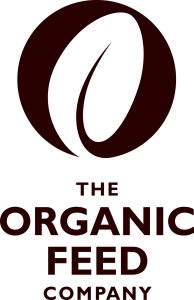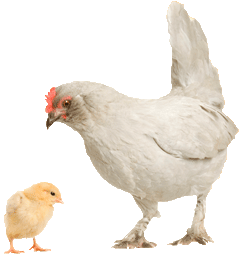Healthcare
Good healthcare and management are vital when keeping any livestock. No matter how experienced you may be, it is always important to keep up to date with the latest tips, techniques and advice on keeping a healthy, happy herd or flock.
Protect your birds from the risk of Avian Flu
The following advice was issued to all poultry keepers by DEFRA.
Feed and water your birds indoors to avoid contamination by wild birds and other animals
Make sure your premises is kept tidy and clean. Spilled feed, litter and standing water attract wild birds and vermin.
Keep birds separate from wild birds, waterfowl, pets and other animals. Control vermin.
Keep visitors and their vehicles away from your birds as far as possible. If they must have access, make sure all vehicles and equipment are clean.
Make sure your clothes, footwear and hands are clean, before and after contact with birds. Any essential visitors should do the same.
Avoid sharing equipment. If you do have to share, make sure it is cleansed and disinfected before and after use.
Supply clean, fresh drinking water
Be vigilant when purchasing new birds. Use reputable sources. Isolate new birds and birds you have taken off your premises (for example, to a show).
Look out for signs of disease. Increased mortality, falling egg production and respiratory distress may be early signs of a disease problem.
If you suspect disease, act quickly and consult your vet. Bird flu and Newcastle disease are notifiable diseases and must be reported to your local Divisional Veterinary Manager.
Good Biosecurity Is Vital
Many diseases, not only Avian Influenza but also others like Newcastle disease, Salmonella and Camphylobacter are spread by direct bird-to-bird contact through secretions and faeces, and indirectly through contaminated feed, water, equipment, boots etc. If in doubt about what to do, seek advice from your vet.
For more information
Visit the DEFRA website at www.defra.go.uk or phone the DEFRA Helpline on 08459 33 55 77.



